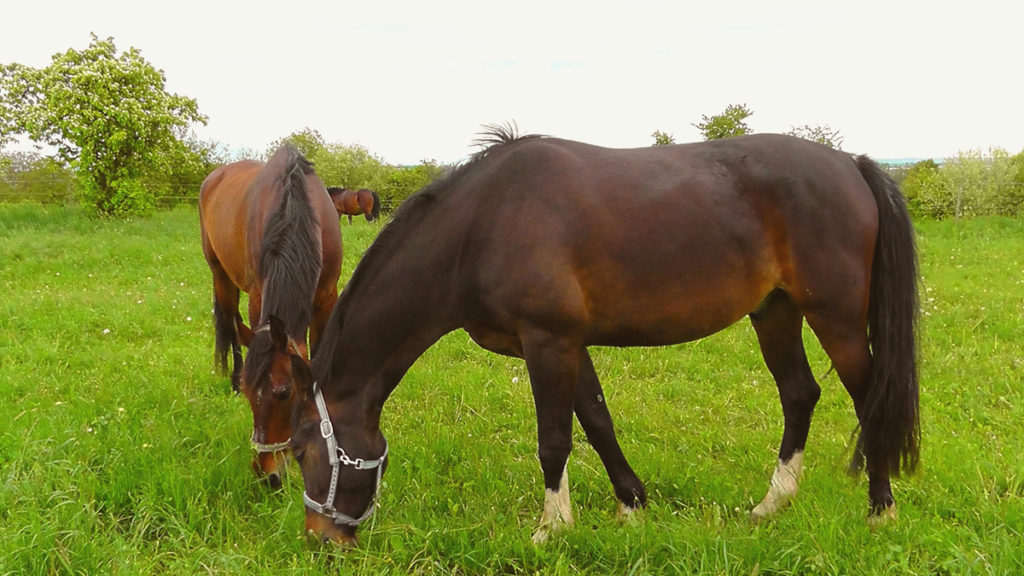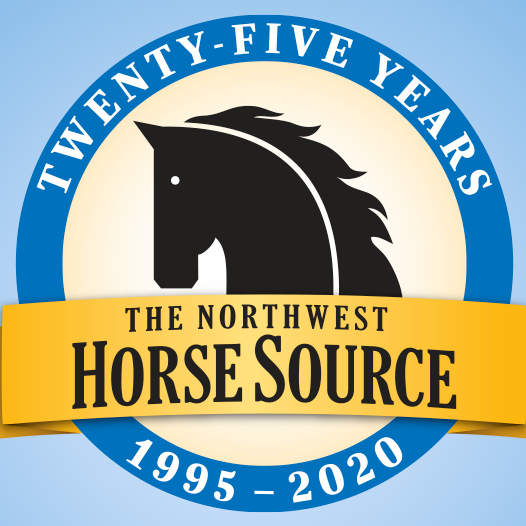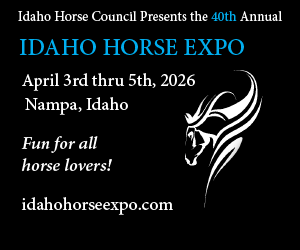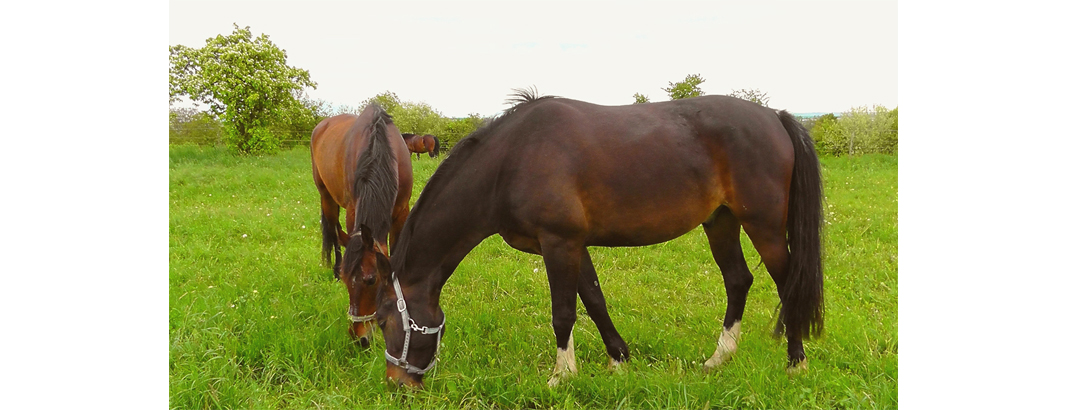 A constant problem in horses, parasites can result in unthrifty condition, ulcers, respiratory problems, anemia, chronic colic and even death. Yet with the development of de-worming products that can be given orally rather than by tubing, allowing more widespread and frequent use of de-wormers, parasite infection has diminished and the pot-bellied, fuzzy haired “wormy” horses that used to be commonly seen are rare sights.
A constant problem in horses, parasites can result in unthrifty condition, ulcers, respiratory problems, anemia, chronic colic and even death. Yet with the development of de-worming products that can be given orally rather than by tubing, allowing more widespread and frequent use of de-wormers, parasite infection has diminished and the pot-bellied, fuzzy haired “wormy” horses that used to be commonly seen are rare sights.
The pendulum has, however, swung, and wormers have unfortunately become too much of a good thing. Widespread use of wormers along with the infrequent introduction of new athelmintics has created parasites that are resistant to many of the drugs.
So how can we free our horses of worms without constantly giving them drugs and creating resistant parasites?
First, don’t worm indiscriminately. Have fecal counts done on your horses before de-worming, and then decide if you need to worm.
Proper pasture management can help tremendously. Paddocks should be cleaned regularly, and pastures should not be overcrowded. If possible, feed hay in bunks or mangers rather than on the ground.
Grazing a cow or sheep in with your horses can make a big difference in parasite control. With a trend today towards keeping a few cows or sheep for meat/milk/wool, multi-species grazing becomes a possibility. And since cows and sheep don’t share the same parasites as horses, when they eat the eggs or larvae of a horse parasite, the life cycle of the parasite is broken.
In addition, cattle and sheep graze the tall grass (the rough) around manure piles that horses avoid. This grass helps protect parasites from heat and drying, shading them from direct sunlight and holding moisture. When the grass is grazed down, the parasites become exposed to the heat and drought, killing them.
Using these techniques can help diminish your horses’ parasite load without overusing wormers. The end result is fewer drugs in your horse, and fewer drug resistant parasites.

News from the horse industry. Sharing today’s information as it happens. The Northwest Horse Source is not responsible for the content of 3rd party submissions.






